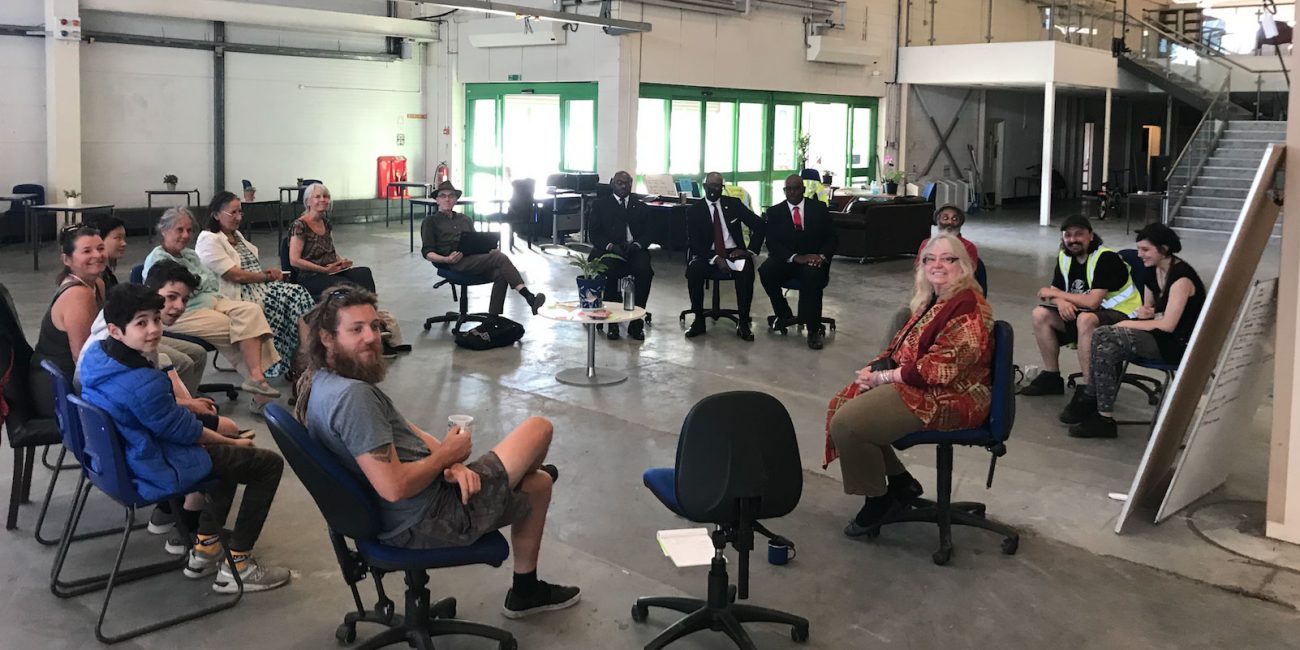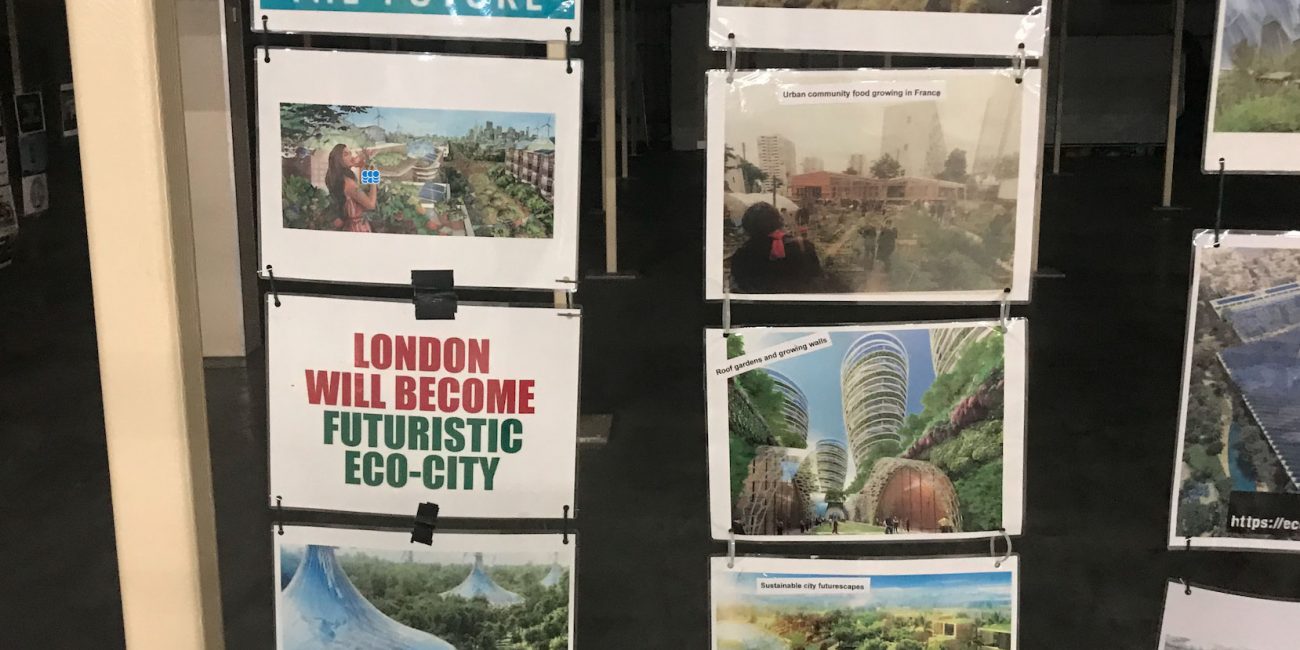STEP 7: ORGANISE YOUR SPACE
7.1 The size / type of property – determines what sort of spaces you can set up eg you could be in a warehouse, shop, old department store, church, post office, library, industrial unit, old school / college etc.
7.2 Incorporate some ideas for the space from the following list:
- Events /workshop space – usually one of the main or biggest space– talks, workshops, skillshares, meetings, music nights / parties, theatre, rehearsals, cinema nights, conferences, dance classes, educational spaces.
- Gallery – Arts and crafts invite – local artist groups and student / universities to exhibit.
- Cafe – needs nearby water source / sink , wipeable surfaces check HNS/ fire exits.
- Library – start with a shelf of books and watch it grow – appeal for books and volunteers.
- Bike workshop – help local community repair bikes.
- Arts / Creative Space – filled with paints and artistic resources.
- Cinema – The easiest event to start with a video projector, choose conscious films, world cinema and inspirational, entertaining and ecological films. Invite independent filmmakers / groups to show and tell.
- Accommodation Rooms / Caretaker space (Decide if anyone is going to stay in the building or not Benefits / disadvantages) needs separate spaces – so open community space doesn’t conflict with personal space. Benefits : a few people are there on site to deal with opening and closing, running the centre, day to day, keeping eye on the place and equipment – caretakers / security. Disadvantages: , people get into possession of space, interpersonal disagreements, clash between personal life / space and community / project space, work / life balance. HOWEVER It’s easier to run sometimes when there is a small group of people on site and a rota covers the rest of the time.
- Info/networking area – table of leaflets / info rack, multimedia screens.
- Computer / tech area – Internet cafe – order the fastest broadband asap, it takes time to arrive.
- Garden – start as soon as possible. Creates a feeling of longevity. Permaculture, Roof Garden,set up a water collection system.
- Solar wind or renewable energy Gym area – assess roof top then floor by floor, step down electric use until the whole building is run on renewables.
- FreeShop / swap shop – resource sharing rack of clothes sort into labelled boxes and areas.
- Zero Waste Shop eg create your own zero waste shop.
- Eco Business Incubator– co working space for start ups that agree to ethical and sustainable policy of the CEC. Start ups can be provided with a list of eco friendly suppliers and services and agreements to work toward eco principles and reducing carbon footprint, ethical sourcing and human rights.
- Maker Space – printers, 3D printers, power tools, drills, lathes, chop saws, ,computer aided design etc.
- Solution Zone Area – aim to display as many sustainable solutions as possible in all aspects of the CEC food, energy, transport etc. Practical working examples eg wind, solar, bike generated, human gym energy, reuse of materials and resources, upcycling, permaculture gardens, roof gardens, insulation, water collection/reuse, community currency, food recycling, composting / soil creation, bike transport / lift sharing, tool libraries etc.
- Kids Area – kids MUST be accompanied by parents or designated carers. (Please do your research there are legal issues on unaccompanied minors DBS check etc ) Creating an area with some toys etc – best to let mums and dads / parents groups to self organise.
- Repair cafe – repair, reuse and upcycle older equipment. https://repaircafe.org/en/
Do an Environmental Assessment of space, how much electricity and water use and how to improve / reduce use of resources, fit lower energy bulbs/devices, insulation, water saving systems, fit renewable energy systems etc.



